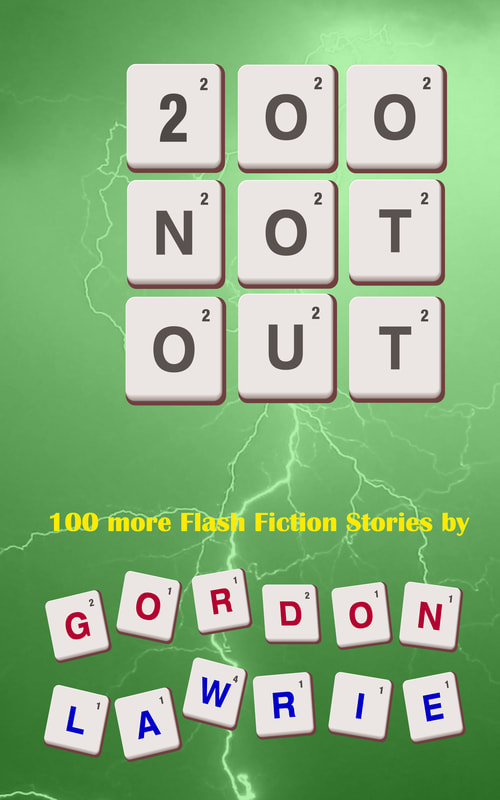The ten-year-old boy has two parcels. One is a new pack of playing cards, the other is The Pan Book of Card Games. Quickly, the mother leaves the room, fearing that her son will see her tears of shame.
But the boy is thrilled. For him, a new world has opened: cribbage; bezique; solo whist; gin rummy; and so many others. It's his best Christmas ever.



